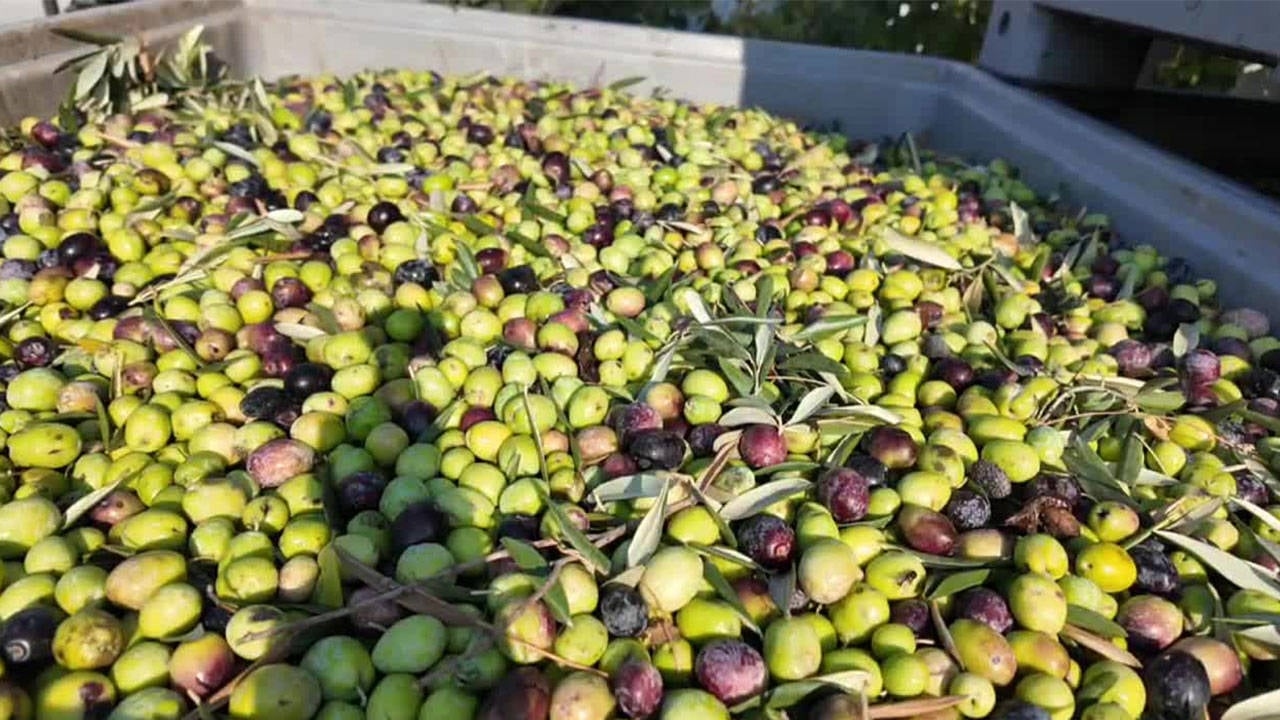Lightning released a figure for inflation! Higher than expected

Treasury and Finance Minister Mehmet Şimşek said that inflation could be higher than expected this year.
Şimşek, who was in Washington to attend the G20, IMF and World Bank meetings, made assessments on the Turkish economy at the Annual Members Meeting of the Institute of International Finance (IIF).
Şimşek, arguing that the economic program they were pursuing was yielding results, explained that inflation had decreased, progress had been made in public finances, and structural improvements had been observed in the external balance.
Şimşek said, "Generally speaking, the disinflation process is on track, the budget deficit is at a very reasonable level by international standards, and external imbalances have largely been addressed. To make this permanent, we need to accelerate structural reforms."
"WE WILL PROBABLY CLOSE THIS YEAR WITH 30 PERCENT" Stating that good progress has been made in inflation, Şimşek said, "We will probably close this year with 30 percent. Last year, this rate was 44 percent, and the year before that, it was 65 percent. We hope to finish next year at around 10 percent and the year after in single digits."
Şimşek stated that the expectations of households and companies remain relatively high compared to the targets, while the market expectations are closer to their targets.
Şimşek noted that the drought and frost experienced in the agricultural sector this year affected food prices, noting that this was not a normal situation and caused the progress in headline inflation to stall.
Treasury and Finance Minister Şimşek continued his speech as follows:
The agricultural sector took a major hit in a year, and unfortunately, this pushed up unprocessed food prices. Let me give you an example: If we go back to August, the average monthly food price increase in August over the last 20 years is around 0.7 percent. However, this year, this rate was more than four times that rate, reaching 3 percent. We experienced a similar situation in September. Monthly food inflation was three times higher than the September average of the last 20 years. So, this is not normal. This situation caused a temporary pause in headline inflation. We may face slightly higher inflation figures than expected this year compared to our program, but I think we can handle it. Because, generally speaking, monetary policy is tight, fiscal policy is tighter, and we will maintain this stance in fiscal policy. We are also controlling administered and directed prices. There are also some supply-side measures, such as mass housing and social housing initiatives. I think oil prices are also at a supportive level. So, in general, I can say that all conditions are suitable for the continuation of the disinflation process. So I don't see any serious cause for concern."
BUDGET DISCIPLINE WILL CONTINUE Şimşek also pointed to progress on the public finance side, noting that despite the approximately $90 billion spent on post-earthquake reconstruction, the budget deficit has fallen to around 3.5 percent from levels above 5 percent a few years ago.
Şimşek stated that the ratio of public debt to Gross Domestic Product (GDP) is approximately 25 percent, which is quite low by developing country standards.
Şimşek said, "Our goal in budget discipline stems from the goal of assisting the Central Bank through fiscal policy in reducing inflation. This approach will continue with determination throughout the Medium-Term Program period."
"CURRENT ACCOUNT DEFICIT IS AT A REASONABLE LEVEL" Referring to the improvement seen in the external balance, Şimşek stated that both cyclical and structural improvements have helped at this point.
Şimşek also pointed out that last year, when gold was excluded, a current account surplus was achieved, and that a similar situation is occurring this year.
Minister Şimşek said, "I believe that by maintaining the current account deficit at reasonable levels and continuing the structural transformation, we will return to a more sustainable high growth path."
Şimşek noted that growth remained resilient despite the Central Bank of the Republic of Turkey (CBRT) having to tighten further in response to domestic, regional and global shocks, adding that this provided room to continue the economic program.
Source: News Center
Tele1




